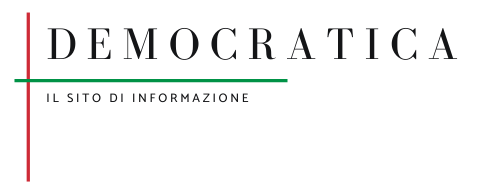Paying off debt is an important part of managing finances and staying financially healthy. Making payments on time helps you avoid penalties, late fees, and damage to your credit score.
It’s also a great way to demonstrate responsibility when it comes to money management. To make sure payments are made on time, create a payment plan that works for your budget.
Schedule recurring payments or set up reminders so you don’t forget when bills are due each month. Also, if possible, pay more than the minimum amount owed — this will help reduce total interest charges over the life of the loan or credit account.
Consistently making timely payments can help you get ahead in managing your debt and reach financial freedom sooner than expected!
Make More Than the Minimum Payment When Possible The Donts of Managing Debt

Making more than the minimum payment when possible is one of the most important dos of debt management. Paying more each month not only helps you pay down your debt faster, but it can also help reduce interest charges and overall costs.
Even if you don’t have much extra money to put towards paying off your debts, finding ways to add even a small amount each month can make a big difference over time. When making payments, try to avoid making just the minimum payment as this will often mean that due to interest charges, you may end up paying far more in total than was originally borrowed.
Additionally, by making larger payments or increasing the frequency of payments (e.g., bi-weekly instead of monthly), you’ll be able to get out of debt faster and potentially save money on interest charges in the long run. On the other hand, there are some definite dots when it comes to managing debt: Don’t take on additional credit cards unless necessary; don’t use payday loan services or any other high-interest loan products; and never miss or delay payments – late fees and penalties for missed payments can quickly accumulate and cause further financial hardship. Furthermore, no matter how tempting it may seem at times – don’t ignore creditors’ calls for repayment – dealing with them directly is always better than taking an adversarial approach.
Lastly, resist any urge to borrow from retirement plans such as 401ks or IRAs which should be used solely for retirement purposes – dipping into these funds could lead to costly taxes and penalties beyond what would normally be owed on unsecured loans or revolving lines of credit
Conclusion

In conclusion, managing debt can be a difficult task but having a plan and following it closely can make all the difference. It is important to understand that when dealing with debt, you must take responsibility for your decisions and prioritize paying off outstanding balances.
Make sure to pay more than the minimum due each month if possible, set up reminders for bill due dates, and avoid missing payments or taking on additional credit cards whenever possible. By doing this regularly over time you will have taken an important step towards financial freedom!

